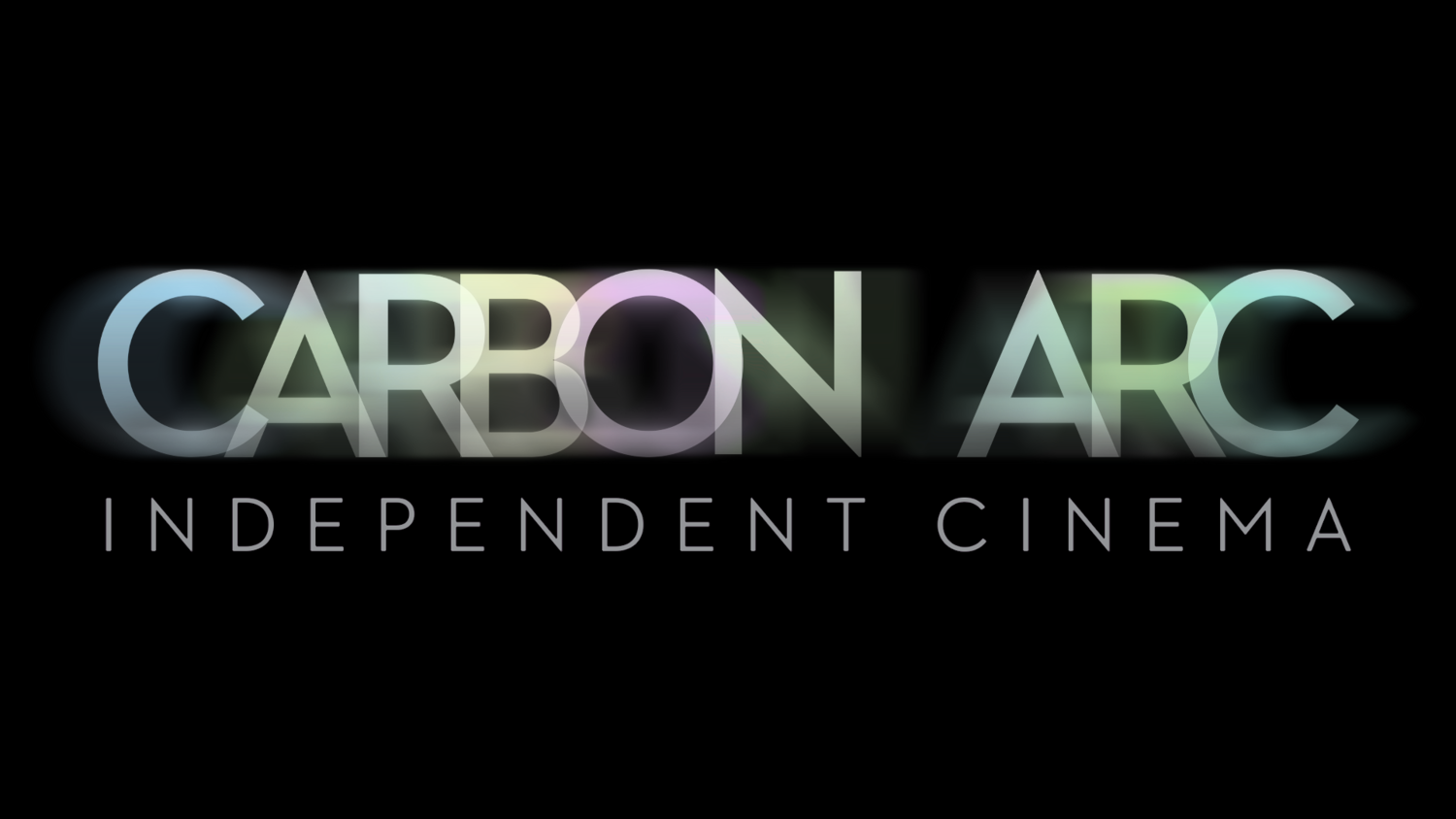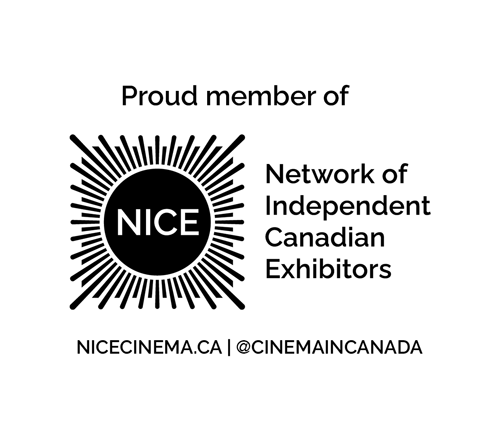It's not easy being geeky. The term "geek" itself has primarily been used as an insult, a generic epithet hurled at anyone who doesn't fit in. It's 2017, though, and geeks are fighting back. Superhero movies dominate the box office, Star Wars is back in action, and video games are more popular than ever. "Geek" and "nerd" are more often used to self-identify as a passionate connoisseur of particular pop culture phenomena, then as a verbal weapon. What Gina Hara's new documentary Geek Girls argues, though, is that even as geek culture strengthens, it shuts people out based on difference. Mainly, women.
In the globe-trotting doc, Hara interviews subjects as diverse as Japanese and Canadian cosplayers, professional gamers, creators of "male objectifying" sports manga, NASA scientists, and Black Girls Nerds creator Jamie Broadnax. Despite the diverse areas of interest of the individuals featured, they are united by a few things; first, their gender, and second, the abuse directed at them because of their gender. These women are not only excluded from much of geek culture, but actively targeted with hate mail, sexist remarks, and threats of sexual violence.
Geek girls of the world, unite!
In the aftermath of Gamergate (a unified outpouring of misogynistic hate from the vilest, but unfortunately enormous section of the gaming community), even speaking publicly about sexist encounters as a geek girl can be risky. Hara reveals that many subjects for interviews would drop out at the last minute out of fear. Thus, the film must depend on a few dedicated subjects for its talking head interviews. From these conversations emerges not only an account of the abuses endured within the culture, but a call to action to form new bonds within the community and fight back. Although the conversation is mostly limited to the experience of cis women, the mission of the subjects is an intersectional one, seeking to include geeks of any gender, race, sexual orientation, etc.
Like many social documentaries, there is no groundbreaking filmmaking in Geek Girls' form, and even under 90 minutes there are some lulls in the endless interviews and narration. Still, it fulfills its intentions as an account of sexism and a manifesto for a more inclusive nerd culture. If it encourages some more women to proudly get their geek on, then it has succeeded.
Part of our AIFF 2017 Review Roundup.




